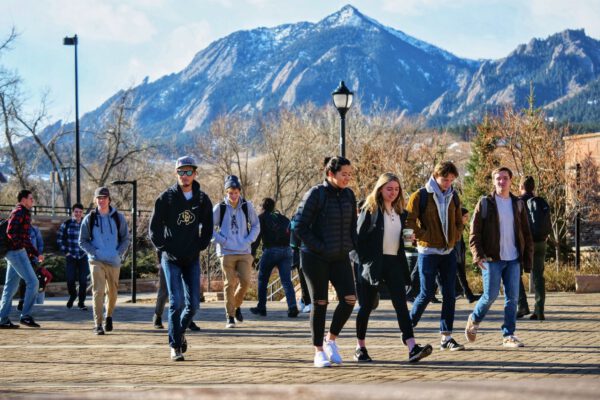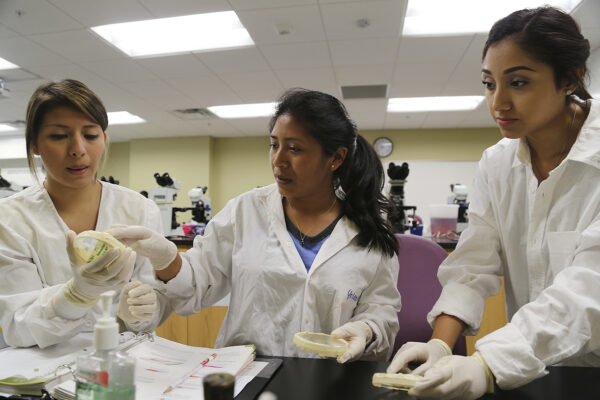Higher Education’s Role in Securing a Climate-Resilient Future
Title: Higher Ed Climate Action Plan
Source: The Aspen Institute
Higher Ed Climate Action, an Aspen Institute initiative, has released a report intended to guide the higher education sector’s approach to climate change. The plan outlines key priorities and recommendations in mounting a comprehensive, vigorous response to environmental threats.
The report posits that to effectively counter climate change, institutions of all kinds need to work together and involve everyone from students and faculty to governing boards and state higher education systems. The authors also contend that a sector-wide strategy must emphasize educating and supporting students, engaging and supporting communities, developing and modeling solutions, and advancing equity.
The plan includes the following recommendations for higher education leaders:
Prioritize the development and implementation of a plan for equitable climate action and ensure accountability across systems and institutions. Climate change has far-reaching impacts, so every division within an institution plays a role in a successful climate action plan. Institutions should prioritize support for members of their community who are most vulnerable to climate change.
Educate, engage, and support all students to ensure success in a changing climate and economy. Colleges and universities should infuse climate literacy into curricula, ensuring students understand climate change’s causes, outcomes, and solutions. They can create career pathways in fields advancing sustainability and climate resilience by partnering with local employers. Institutions should also provide support, whether in the form of more flexible policies, physical and mental health services, or funding for basic needs, to students affected by climate change.
Engage and support communities, particularly the communities most affected by the changing climate and the transition to a clean economy, in advancing meaningful solutions. Institutions should offer guidance and technical assistance to community members struggling to adapt to a changing climate. Taking advantage of local ties, institutions should pursue research that serves community members’ needs, as well as convene community leaders to solve local climate-related problems together. They should form partnerships with and continually seek input from historically marginalized community members.
Model, research, and develop solutions to reduce carbon pollution, adapt to a changing climate, and advance sustainability goals. Colleges and universities are well-equipped to model best practices to reduce pollution (e.g., using renewable energy and serving locally grown produce) and to increase resilience to climate change (e.g., installing permeable surfaces and preparing hurricane safety plans in locations vulnerable to more frequent and intense storms). In addition, they should develop and pilot creative solutions to climate challenges, involving students in the process.
Communicate higher education’s knowledge more effectively and model solutions to spur broad, equitable climate action. Institutions possess valuable knowledge and should prepare communications strategies to disseminate this knowledge widely. Whenever possible, faculty with climate expertise should be available to advise local policymakers and industry leaders.
The report also includes recommendations for businesses, philanthropic organizations, and federal, state, and local policymakers, highlighting opportunities for them to collaborate with institutions.
Higher Ed Climate Action and the Aspen Institute’s This Is Planet Ed hosted a roundtable on Thursday, Aug. 1, to introduce the Higher Ed Climate Action Plan. The event featured higher education, climate, and philanthropic leaders, including ACE President Ted Mitchell.
Click here to read an executive summary of the plan or here to read the complete climate action plan.
—Rebecca Morris
If you have any questions or comments about this blog post, please contact us.


